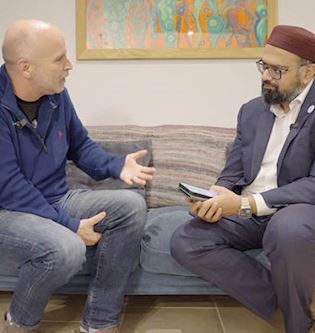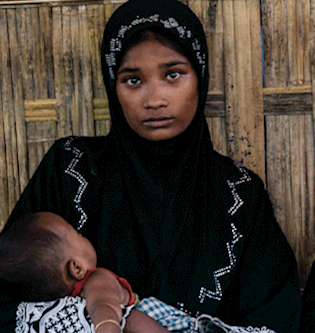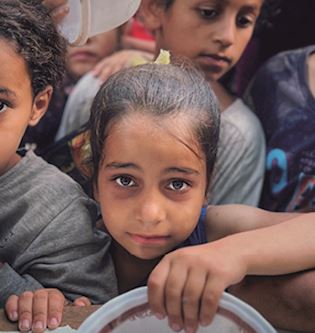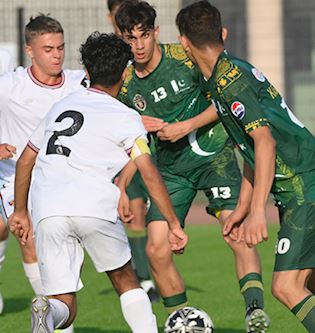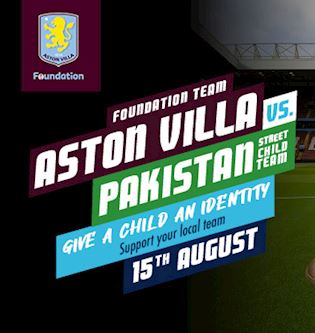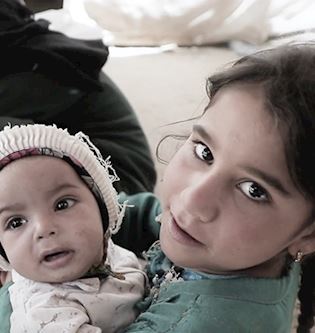Breaking the Silence on Child Mental Health
Muslim Hands hosted their first ever global advocacy panel discussion on child mental health in the developing world, discussing our interim report and our recent findings in Bangladesh. The event discussed the importance of child and adolescent mental health and well-being in the low-middle income countries (LMIC), and how access to training teachers and caregivers on mental health within schools is vital. This current research from the interim report was designed to explore the narratives used to describe the meaning of the terms ‘mental health’ and ‘learning difficulties’ that were provided by teachers, students and parents from two schools in Bangladesh, one in Dhaka city and one in a rural location.
The report can be downloaded here.
This is the first study that explores the narrative regarding how people in Bangladesh perceive mental health and learning difficulties and how they feel they can best support young people with such needs. Our mixed-methods approach also investigated the mental health needs and learning needs of the students within the study using quantitative and qualitative feedback data.
The webinar brought about a rich discussion with inputs and insights from a range of speakers. Joining the panel discussion, we heard from Dr Linda O’Raw – the lead researcher behind the interim report at Muslim Hands, Dr Fiona Samuels from the Overseas Development Institute as well as Dr Kelly Muzariri, a Coordinator of the Youth Venture at the Friendship Bench Founded by Dr Dixon Chibanda. During the panel discussion, Dr Linda O’Raw presented a thorough PowerPoint Presentation explaining her analysis from the data on the current feasibility in Bangladesh, which found that students, parents and teachers within both locations had a limited understanding of what mental health is, and mental health needs were clearly identified in students in both locations. The panel discussion also shed light on a range of previous and current work surrounding CAMH in LMIC, as well as the successes of Community Based Interventions as a treatment to mental health problems. It provided insight into the next steps with the rest of the research and advocacy campaign, and what recommendations this project can take on moving forward.
To carry on raising awareness on this advocacy campaign, Muslim Hands will continue to host and get involved in a number of events, bringing together policy makers, stakeholders, members and allies, to raise awareness about the issue and to discuss key topics related to child mental health in the developing world. The next phase of this research will involve a pilot study intervention as well as our next final report and recommendations.





